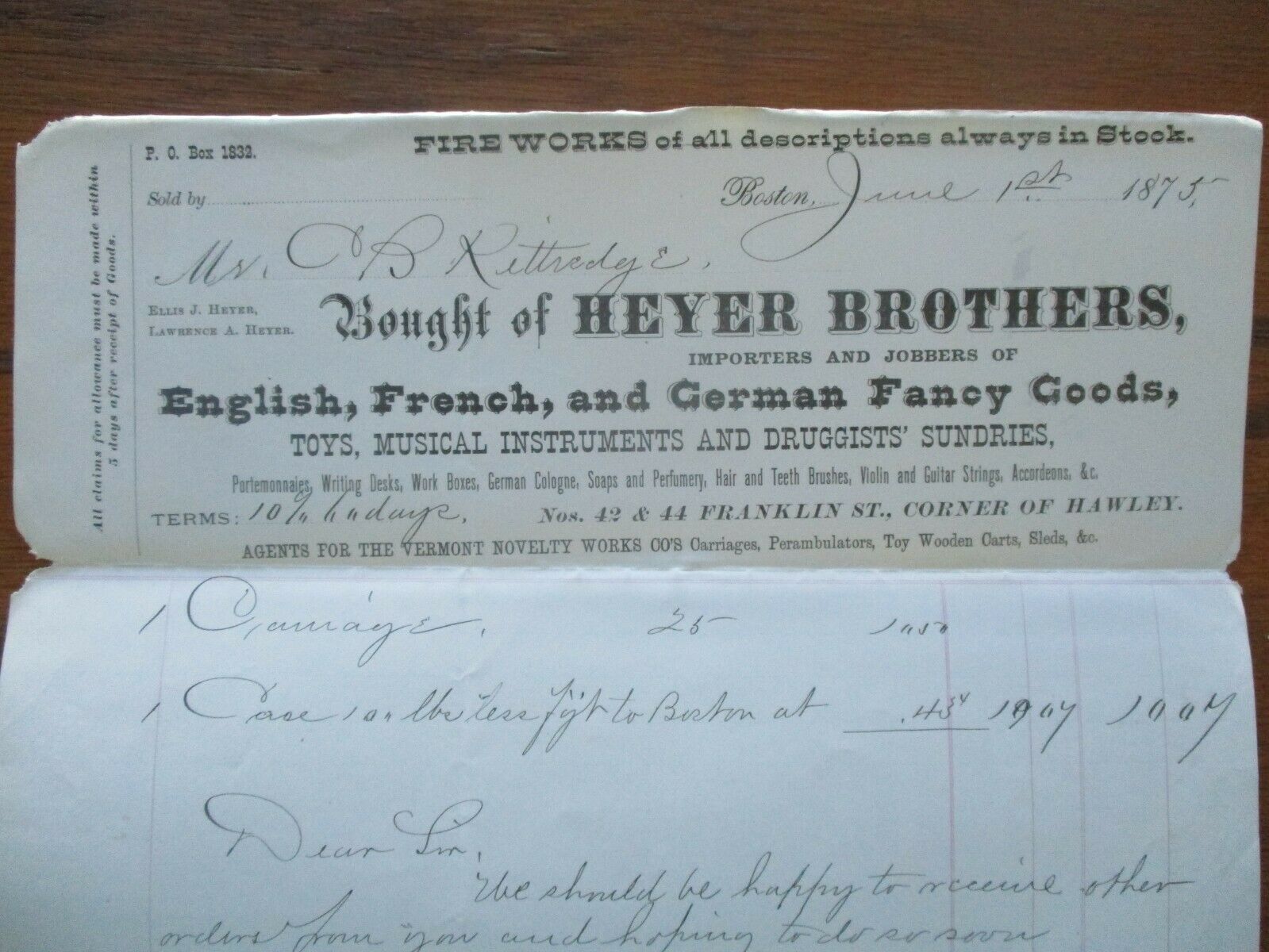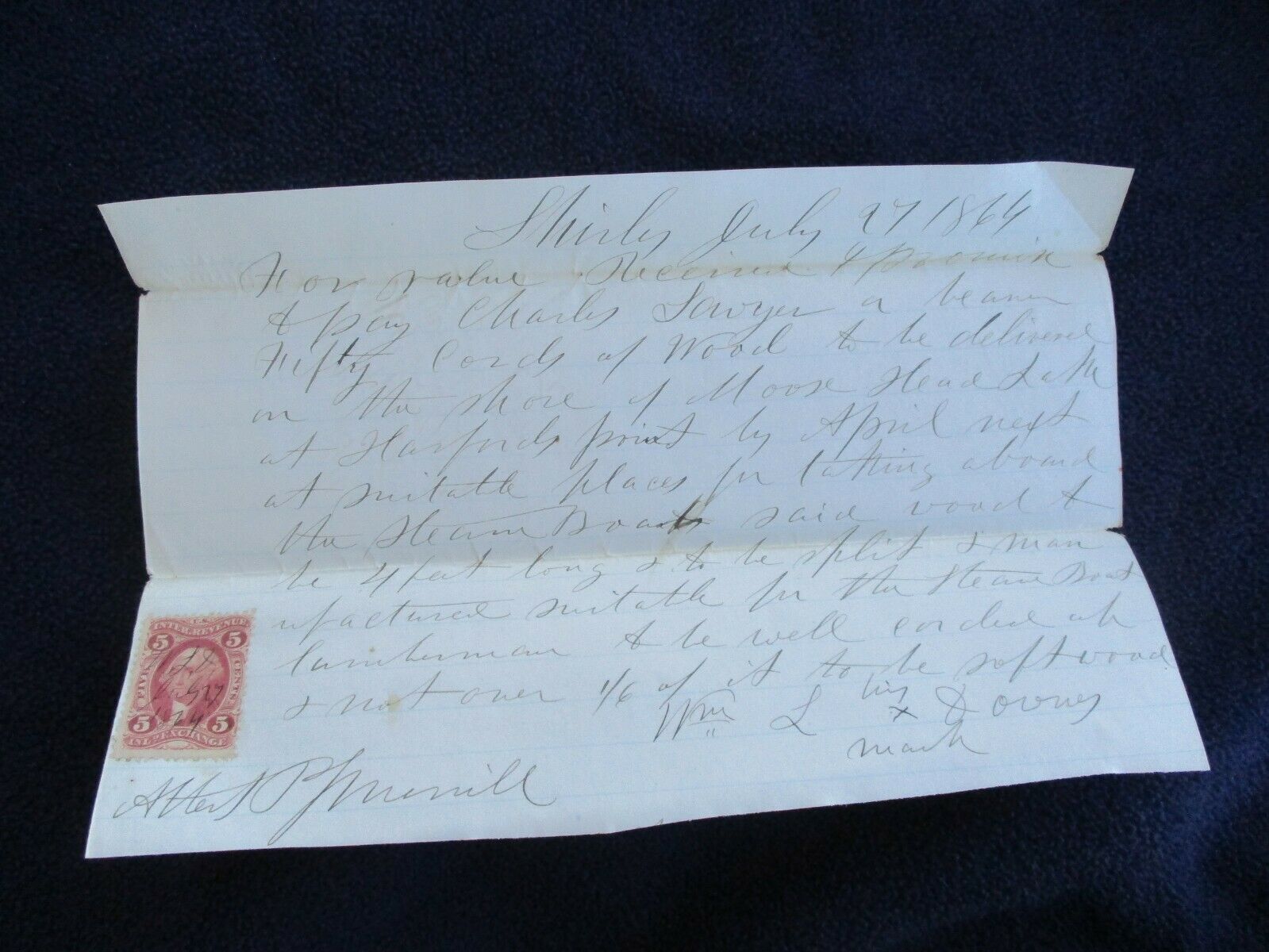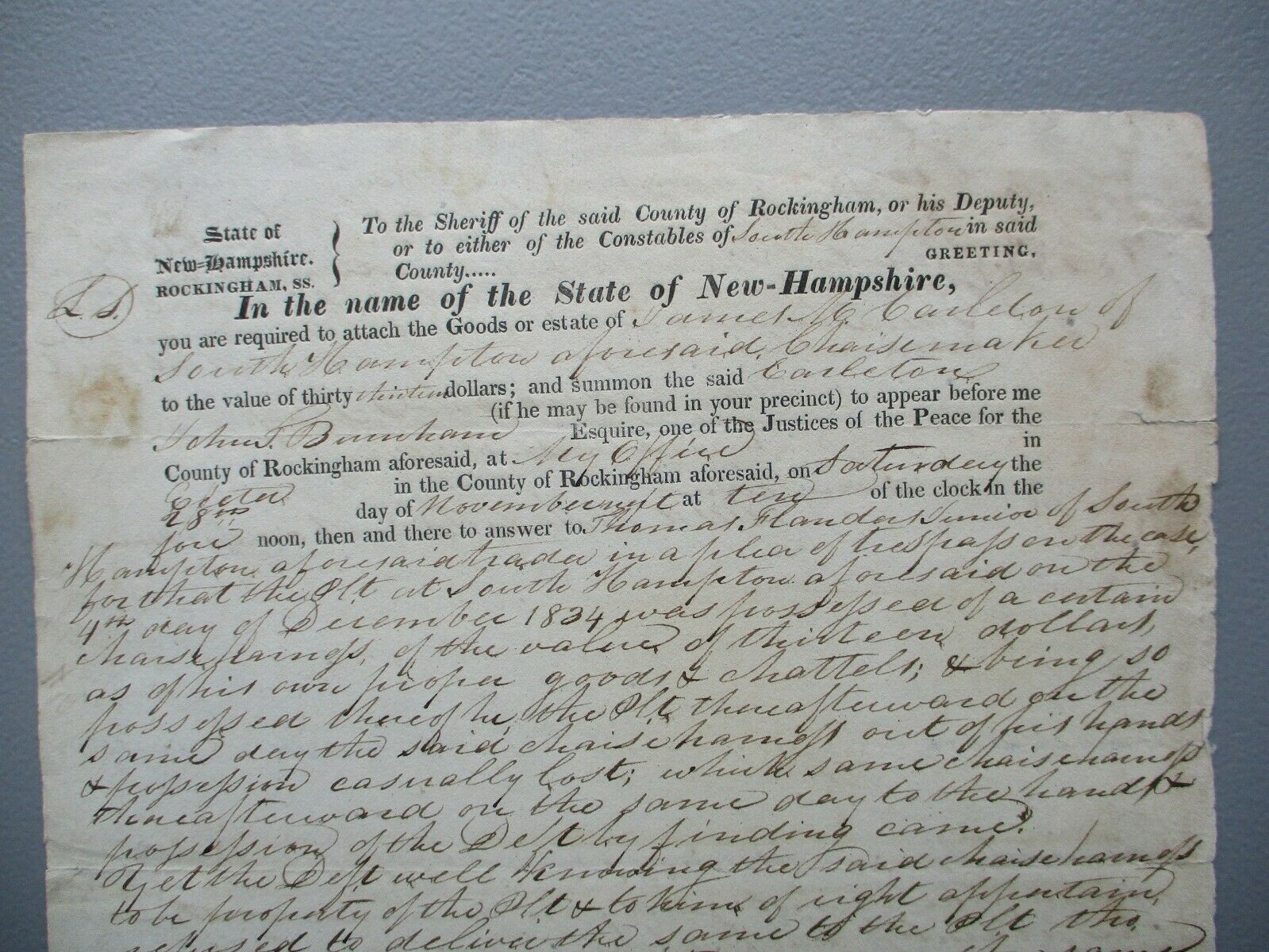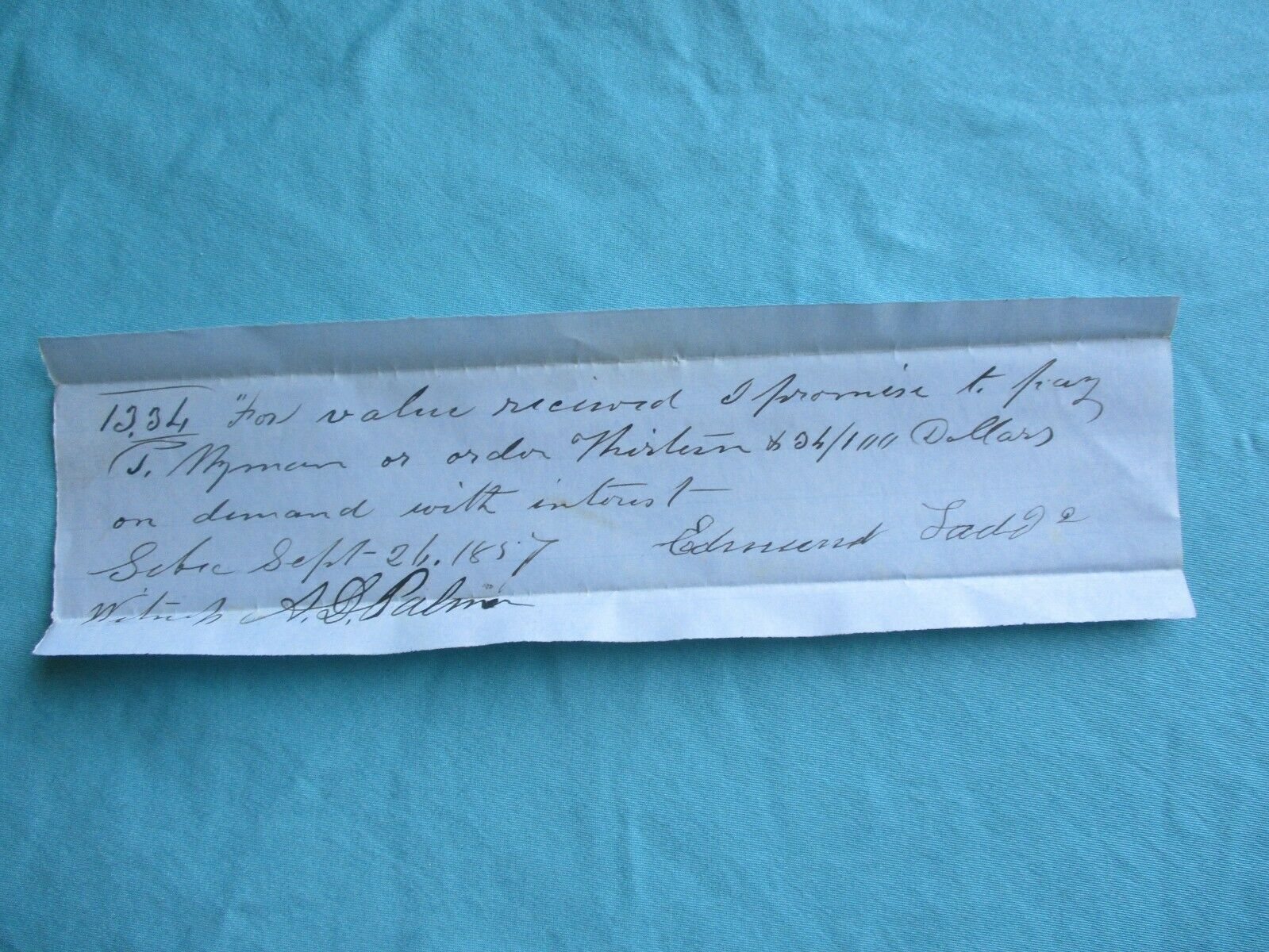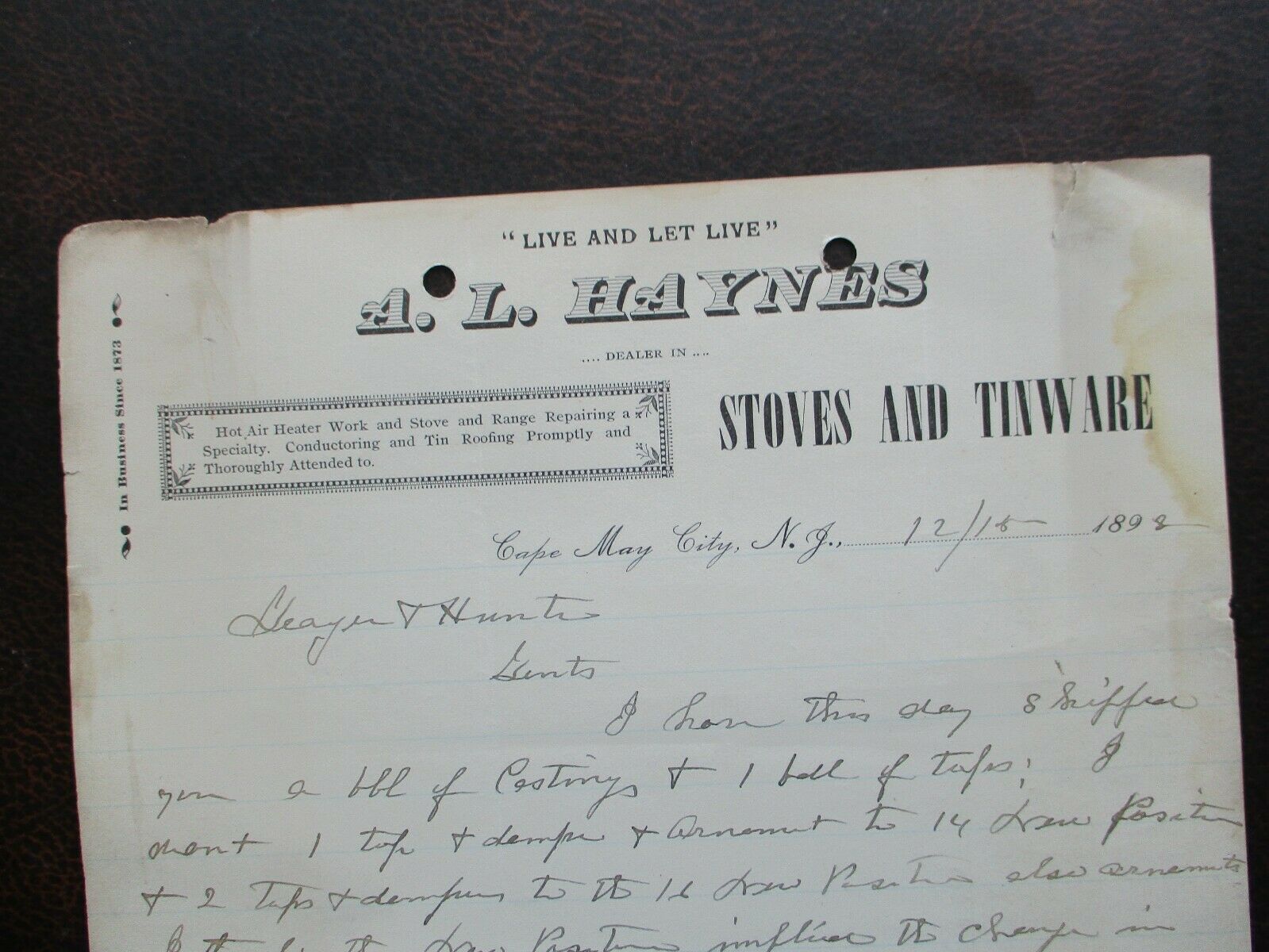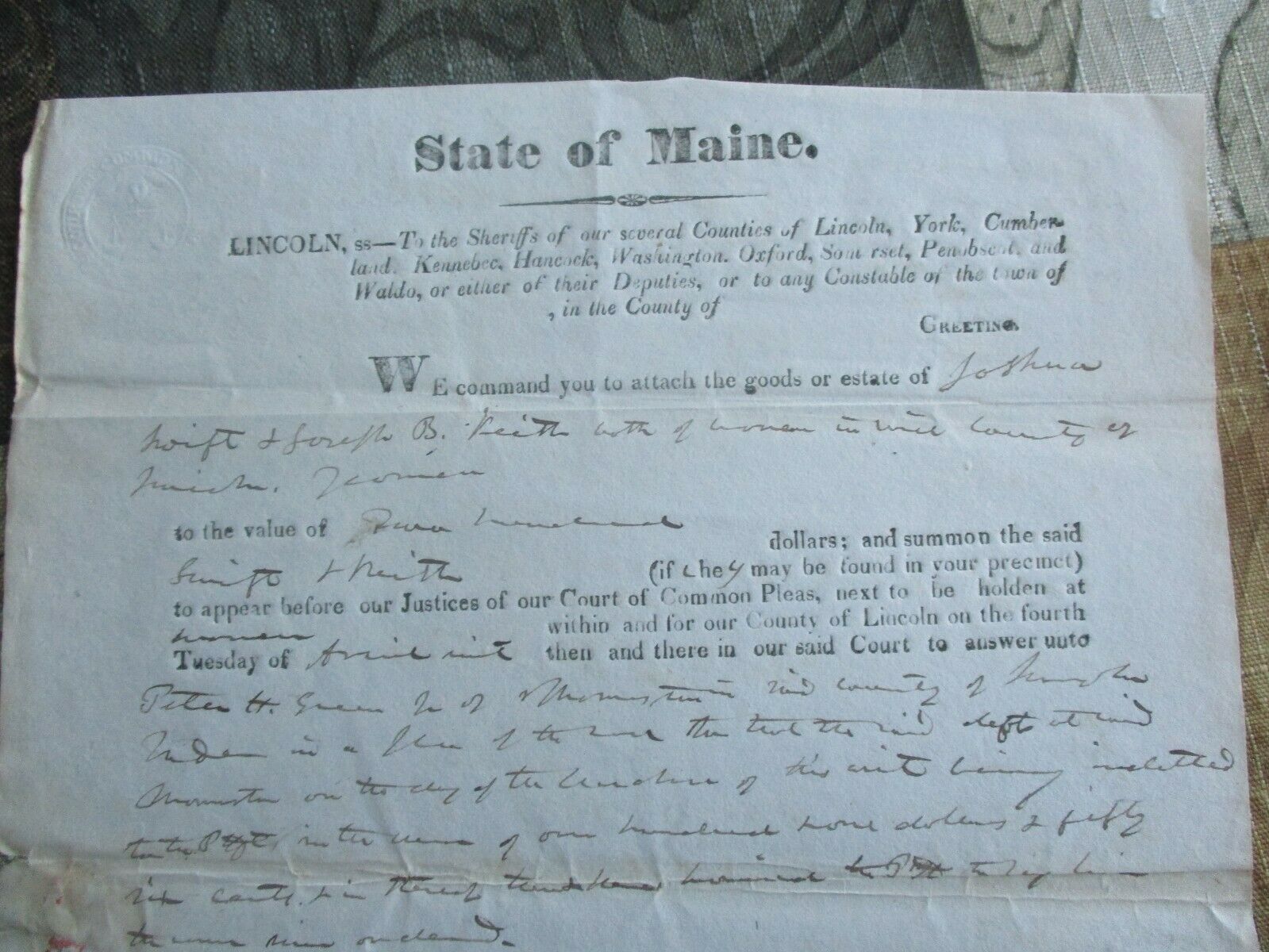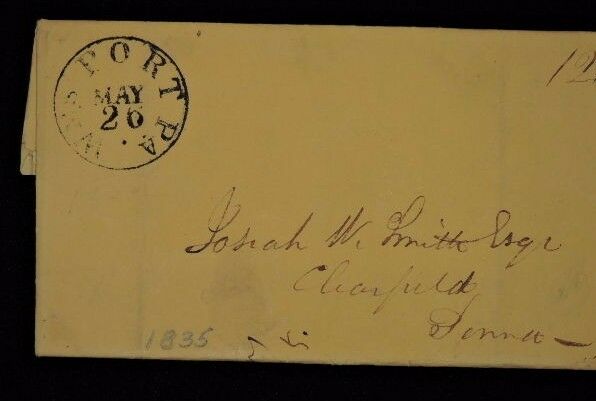-40%
1868 Africa Explorers - JOHN KIRK ALS - Mentions David Livingstone - Du Chaillu
$ 396
- Description
- Size Guide
Description
1...rare books at fair prices...!
Search by Topic
Africa
America - North
America -South
Arabia - Middle East
Arctic - Antarctic
Asia - Central
Asia - China & Japan
Asia - Southeast
Australia & Pacific
Bibliographies
Europe
Globes
Graphic Arts
Literature
Maps & Prints
Mountaineering
Natural History
Russia
Sciences
Signed & Inscribed
Sir Richard F. Burton
Sir John Kirk ALS
Mentions Africa Explorers
- David Livingstone and Du Chaillu -
and Royal Geographical Society President Murchison
1868
30 January 1868. Manuscript Signed Letter by Sir John Kirk, British administrator in Zanzibar and co-explorer with David Livingstone, in which leading explorers of the Dark Continent are mentioned. 8vo. Double-leaf mourning stationery, measures approximately 18cm x 11cm. Creased, otherwise in very good condition, interesting correspondence on the procurement of significant autographs.
The letter reads as follows:
Dear Mrs. Carnegie,
Please give to Mrs. Baradaille the enclosed autographs
of Livingstone and Du Chaillu.
Of Murchison I have not one now but so frequently am in
correspondence with him that it cannot
be long time before I can add it also.
Give her my best regards and
believe me I am Yours sincerely. John Kirk
Sir John Kirk
(1832-1922) was a Scottish physician, naturalist, explorer, and British administrator in Zanzibar.
He accompanied David Livingstone on his second Zambesi expedition from 1858 to 1863. In 1873 Kirk was made the first British Agent and Consul General of Zanzibar, where he eventually convinced the Sultan of Zanzibar to ban the highly lucrative slave trade. He held this post until he returned to England in 1887.
He was also a keen botanist, highly regarded by Sir William Hooker, Joseph Dalton Hooker and William Thistleton-Dyer. After the death of Livingston, Kirk pledged to continue Livingston's work to end the East African slave trade. For years he negotiated with the ruler of Zanzibar, Sultan Bargash, gaining his confidence and promising to help enrich the East African domain through legitimate commerce. The Sultan officially banned slave trading in 1873, but it would continue. In 1881 Kirk decided to post a vice-consul, Mr. Jack Haggard to Lamu, Kenya. By 1885, the region was larger and more profitable, his endeavours becoming ever more challenging. Unfortunately, after the Berlin Conference, the British Government forced Kirk as British Consul in Zanzibar to drop the Sultan as part of the "Scramble for Africa".
In 1873, British agent John Kirk by threatening to blockade Zanzibar got Sayyid Barghash ibn Sa’id to sign a treaty banning the slave trade by sea and promising to protect all liberated slaves. On 5 March, the Sultan passed a decree prohibiting the export of slaves from main land and closing of slave market at Zanzibar. Zanzibar slave market was to be closed within 24 hours. In 1875 Sayyid Barghash visited Queen Victoria in England, and in 1876 he proclaimed that conveyance of slaves by land was prohibited nor could slave caravans approach the coast from the interior. Riots broke out in Mombasa against the freed-slave work of the missions, and at Kilwa slave-traders hid 6,000 slaves near the coast. In 1876 the Sultan decreed that no slaves were to be transported overland. Kirk persuaded Barghash to raise an army, and in 1877 Lt. William Lloyd Mathews was appointed to drill the recruits. Slave-trading continued until the Sultan put the Governor of Kilwa in prison. Kirk estimated that during the 1870s about 10,000 slaves a year crossed the Juba River into Somaliland. As the slave trade declined, the export of rubber, cloves, and ivory greatly increased. In 1907 slavery was finally abolished entirely in Zanzibar and Pemba. Kirk died in 1922 at the age of 90.
Powered by
eBay Turbo Lister
The free listing tool. List your items fast and easy and manage your active items.



